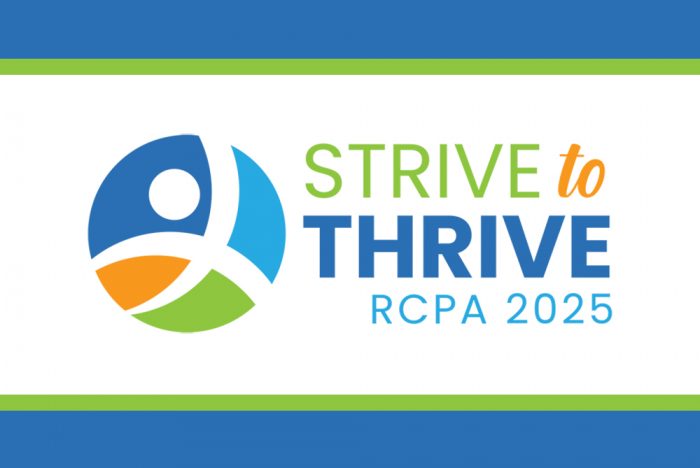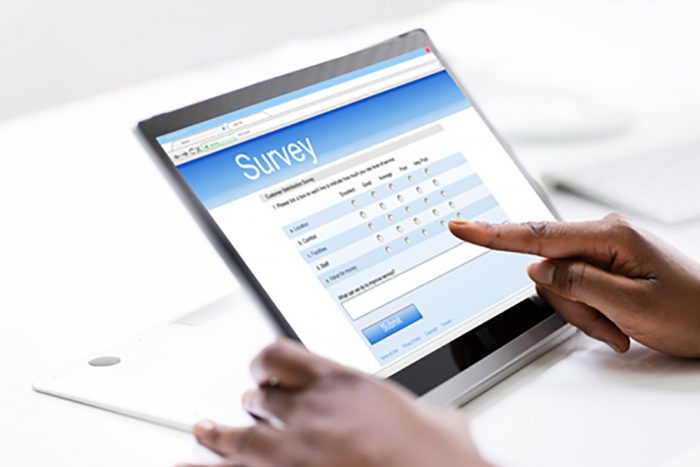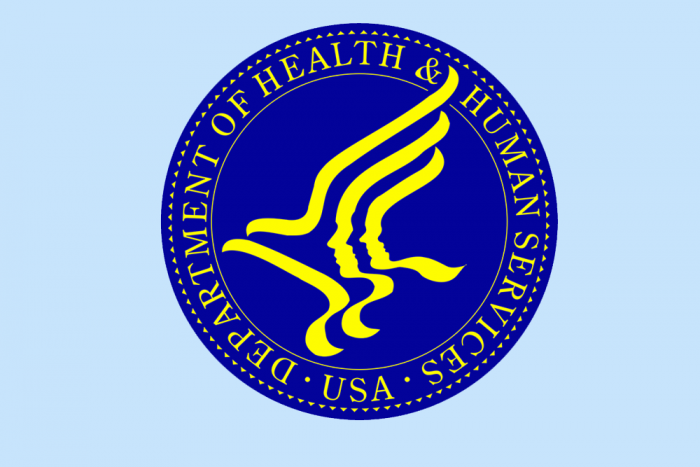Registration is now open for the Pennsylvania Department of Drug and Alcohol Programs’ 2025 Emerging Drug Trends Symposium. This free, one-day event will take place on Tuesday, November 18, from 7:00 am – 4:00 pm at the Penn Harris Hotel & Conference Center, 1150 Camp Hill Bypass, Camp Hill, PA, 17011.
Conference attendees will gain a better understanding of:
- The latest drug use and overdose trends in Pennsylvania;
- Shifting overdose patterns and drug supply, with emphasis on high-risk populations; and
- Evidence-based best practices for responding to emerging drug threats.
Registration is required. On-site registration will not be available. A Keystone Login is needed in order to register for the symposium. If you do not have a Keystone Login, select ‘Register’ and enter the requested information, including a personal email address. The box to accept the Terms and Conditions must be selected before selecting the ‘Request a Seat’ button. You will receive an email confirming your registration shortly after submitting your registration request. If there are no more spots available, you will be placed on a waitlist.
If you have a Keystone Login but do not remember your login information or if you need a password reset, you can reach out to the Keystone Login Help Desk at 877-328-0995 or via email.
To receive a Certificate of Participation, attendees must sign in at the check-in table at the start of the day and again during lunch. Certificates will only be issued to those who sign both sheets.

















